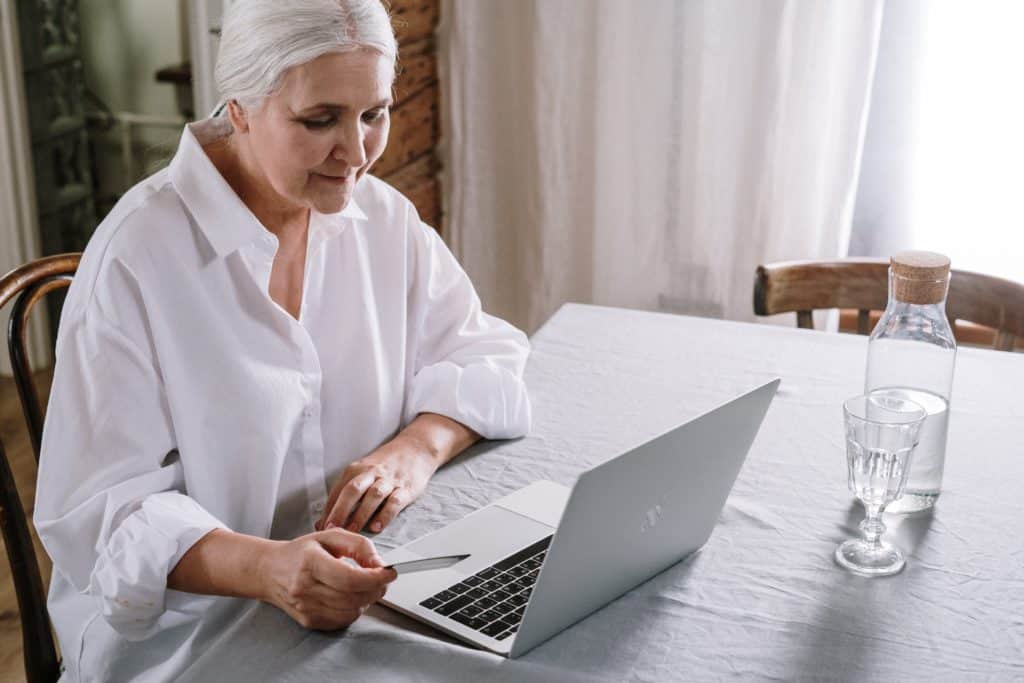As with all stages of life, nothing is without its trials and tribulations. There will be worries and upset at all stages of your life’s journey and just because you have been through them before does not mean you will be better placed to deal with them. As you age the challenges you face will grow with you. They will be different but they will still pose a physical, mental, and emotional burden for you to overcome. To help you be prepared below are some of the potential difficulties you might face in your later years and how you can help you take care of yourself as you overcome them.
Retirement
Retirement can be a difficult step for many people to take. On paper, it may be something you have been working toward your entire career. Something you relish and cannot wait to bring to fruition. However, the reality can often be a disappointment and a difficult adjustment for many to make. Being retired can leave you feeling at a loss, you no longer have the responsibilities you might once thrive off of. You might be stuck for a sense of purpose or just unable to fill your days in a meaningful way as you once did.
Here are some ways you can help yourself ease into retirement;
- Keep yourself busy and plan your time. Take note of your interests and pursue them. Try a new activity or learn a new skill. Call upon friends and family to offer up your time or services. You could volunteer or finally take on that DIY project you have been putting off.
- Consider your financial security and the measures you need to take to ensure you are financially protected once you are no longer earning your usual income.
- Take your time to think about the skills you possess and how you can put them to good use and give yourself the sense of fulfillment that you used to obtain through working. Perhaps you could try helping out with a local community organization for example.
- Consider how you might be needed amongst friends and family. Could you help out with childcare or DIY duties for example? Feeling needed and providing a service even to family members who don’t expect it can be a great way to feel valued.
- Make a social effort. Maintaining social interaction after you have left work is important for your wellbeing. Work at keeping up friendships once you retire, building new ones, and seek to surround yourself with others who are or have recently been through a similar transition.
Activity and mobility
A common fear when aging is the impact it might have on your mobility and activity levels. Staying mobile and active is a priority for many as it helps to ensure independence and freedom. It is also essential for your mental, physical and emotional well-being as it can improve your self-esteem and confidence. It can also promote good sleep patterns, provide you with the opportunity to meet new people, and keep you physically fit and healthy. After all, you have no doubt heard the phrase ‘use it or lose it’ and this is certainly true of remaining active in your later years. The more you push yourself to do, physically, the more you will be able to do. Here are some ways in which you can keep active and mobile in later life;
- Walking
- T’ai Chi
- Dancing
- Golf
- Gardening
- Yoga
- Swimming
Grief
Grief is something that can affect anyone at any age but that sadly becomes more prevalent as you age. What is more, it certainly doesn’t get any easier. Losing friends and family or long-standing partners and spouses is hard to deal with and can leave you feeling lonely and isolated. If you are struggling to deal with the loss of a loved one then consider grief counseling or attending bereavement support groups. Counseling can help you deal with and process the loss and provide you with the tools you need to overcome the grief you feel. It is a safe space where you can feel all of the emotions you need to feel at that time. Bereavement support groups can be a great way to get to meet people who are experiencing the same difficulties you are and help you build a support network that helps you through a difficult time. They can also provide a social outlet and help to stave off feelings of loneliness that you may be experiencing after the loss of a spouse or partner.





